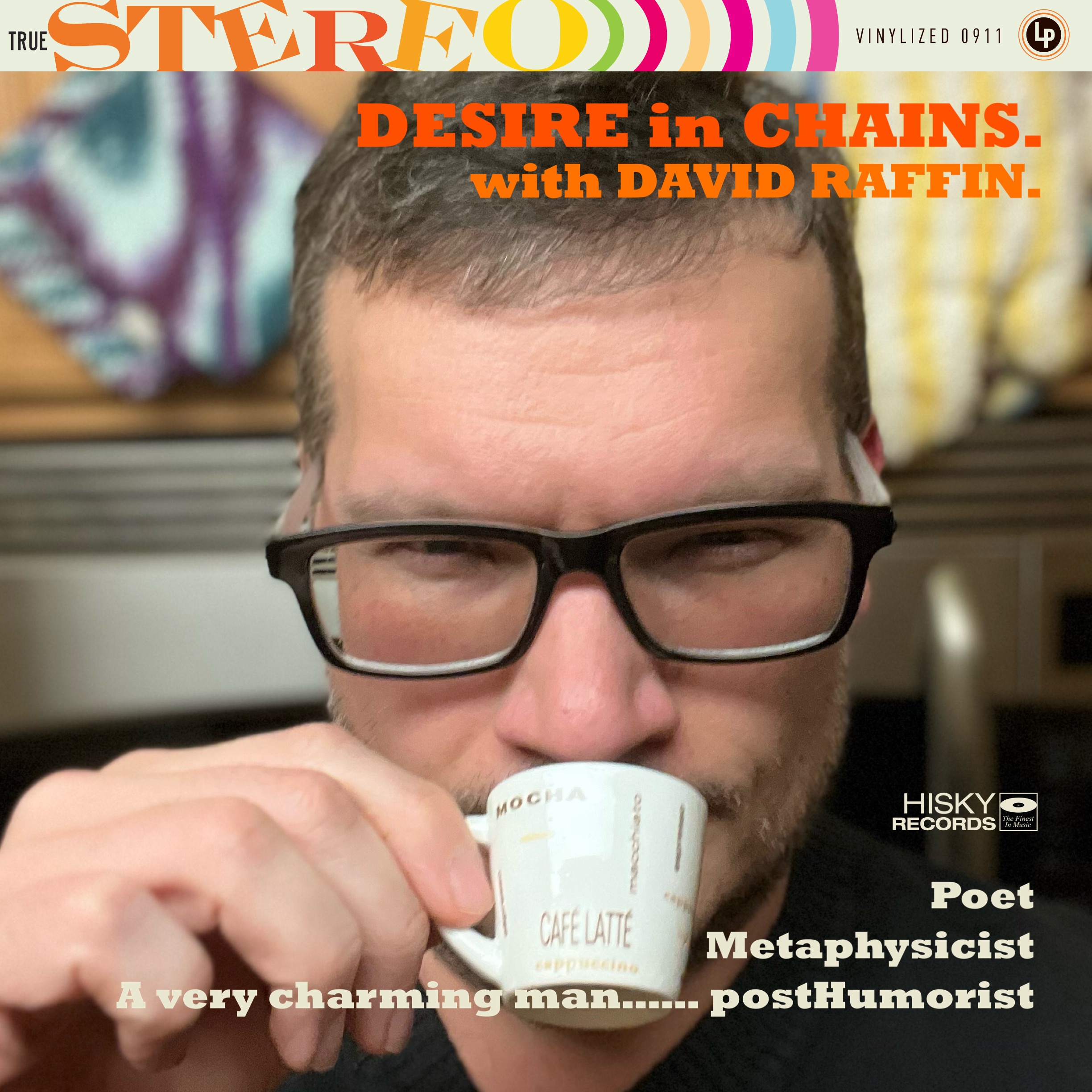Today the Scots are voting on independence.
Here’s a song by the late Alistair Hulett.
Journal of. Published under the auspices of the HiSky* Trust, founded 1957 to promote disorder. (*Hiss-Key)

Today the Scots are voting on independence.
Here’s a song by the late Alistair Hulett.
There is an article in the Atlantic with this gem in it:
Wing Luke, the first Asian American elected to the Seattle City Council (or to any office in the entire Northwest) in 1962. When he was running, a white politico told him he didn’t have a Chinaman’s chance of winning the election. Luke replied, without missing a beat, “On the contrary—I am the only one with a Chinaman’s chance.”
Everytime I hear “Pease Porridge Hot” I think, “What a terrible advertising jingle.” But then I note that I become desirous for pease porridge of any sort, and I further marvel at the longevity of the ad jingle; as well as the porridge itself.
Pease porridge hot, pease porridge cold,
Pease porridge in the pot, nine days old;
Some like it hot, some like it cold,
Some like it in the pot, nine days old.
I also note that its popularity is possibly spurred by the fact that it long ago fell into the public domain. Now anyone can sing about pease porridge. Or make it in any combination of consistency or temperature. This takes the chill off even the coldest of pease porridge.
[Pease Porridge on Wikipedia, though that page is not as authoritative as this one.]
Great interview in The Wild magazine with Mark Mothersbaugh of DEVO.
The people that are able to influence our world the most are evil! But their techniques work! We were impressed with Madison Avenue, that they could talk people into doing things that were bad for them. But what if you used those techniques to spread good information?
[…] It seemed that subversion worked better in our culture than rebellion.
Mark Of All Trades: An Interview With DEVO’s Mark Mothersbaugh « The WILD Magazine.

Their last album was Something for Everybody.
[amazon asin=B003JYOFIW&template=iframe image]
A man who lived on the northern frontier of China was skilled in interpreting events. One day, for no reason, his horse ran away to the nomads across the border. Everyone tried to console him, but his father said, “What makes you so sure this isn’t a blessing?” Some months later his horse returned, bringing a splendid nomad stallion. Everyone congratulated him, but his father said, “What makes you so sure this isn’t a disaster?” Their household was richer by a fine horse, which his son loved to ride. One day he fell and broke his hip. Everyone tried to console him, but his father said, “What makes you so sure this isn’t a blessing?”
A year later the nomads came in force across the border, and every able-bodied man took his bow and went into battle. The Chinese frontiersmen lost nine of every ten men. Only because the son was lame did the father and son survive to take care of each other. Truly, blessing turns to disaster, and disaster to blessing: the changes have no end, nor can the mystery be fathomed.
The Lost Horse,
Chinese Folktale.As told by Ellen J. Langer, in” The Power of Mindful Learning,” Reading, Mass: Addison-Wesley, page 99-100. (1997).
More versions of this story here.
I came here to praise Robert Sheckley.
He was a prolific short story writer. In the fifties and sixties his work was featured in many of the science fiction magazines of the day (and there were more of them then.) Sheckly was witty. He could write a hell of a story about an alien who burned down orphanages on many planets.
I have all of his old short story collections. Some of them are tattered. One of my favorites, Shards of Space, is the most tattered. It is almost split in two. It came that way. The lady at the used bookstore, years ago, said, “I’m only going to charge you a quarter for this, but I won’t buy it back.” As if I would trade back a Sheckley collection.
While a master of the short story he did write a small number of novels. They tend to be episodic in nature, novels that are really groups of short stories with the same characters. Novels such as Journey Beyond Tomorrow aka The Journey of Joenes. This is a great novel presented as the biblical text of a religion in the future which follows the life of Joenes, who travels the world before and after WWIII. Intermixed is ancient myth. There is also political commentary about McCarthyism, the book was written in the late 50s.
For a time he lived not 50 miles from me and I regret that I did not go see him. My friend Richard F. Yates was also a fan and Sheckley was mostly forgotten as an author by then in the US. He was considered a master of the golden age abroad and died while in Russia speaking about his work in 2005.
A number of his stories that appeared in Galaxy magazine were adapted for radio and appeared as episodes of X Minus One. Here is the episode The Native Problem. (By the way, the ebook of The Status Civilization is free.)
[amazon template=iframe image&asin=B00J90F318][amazon template=iframe image&asin=B005FG0ZEK][amazon template=iframe image&asin=B0091GTZGE][amazon template=iframe image&asin=B00J90F4BM][amazon template=iframe image&asin=B004TR9IA8][amazon template=iframe image&asin=B00J90F26Y][amazon template=iframe image&asin=B000XA9RGU][amazon template=iframe image&asin=0553130315][amazon template=iframe image&asin=B000HVW4G0][amazon template=iframe image&asin=0441658741][amazon template=iframe image&asin=B00J90F4AI][amazon template=iframe image&asin=B00J90F6R4][amazon template=iframe image&asin=B00J90F43U][amazon template=iframe image&asin=B00J90EWRO][amazon template=iframe image&asin=0330239880][amazon template=iframe image&asin=B000XJSDS4]